
Can Drinking More Water Improve the Quality of Your Diet?
Some studies suggest that drinking more water helps with weight and appetite control, but could increasing your water intake also help you eat healthier? Here’s what a new study shows.

Some studies suggest that drinking more water helps with weight and appetite control, but could increasing your water intake also help you eat healthier? Here’s what a new study shows.

Low-carb diets are popular for weight loss. However, there are some drawbacks to restricting carbs. In fact, aggressive carbohydrate restriction may increase the risk of certain nutrient deficiencies. Here are four dietary components that may be low if you’re following a low-carbohydrate eating plan.

The Mediterranean diet is a diverse diet that emphasizes whole plant-based foods, seafood, nuts, whole grains, and olive oil. These are some of the healthiest foods can you eat, so you might wonder whether the Mediterranean diet might slow aging. Here’s what science says.
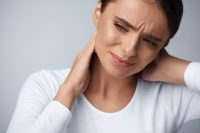
You’ve probably heard people say that food is medicine. No doubt, diet plays a role in optimizing health and lowering the risk of disease. But can it also relieve pain, like the pain of arthritis or a chronic injury? What evidence is there and what type of diet is best?
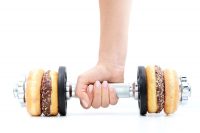
A new study shows that physical activity is important for maintaining your body weight once you lose a significant amount of weight. It’s also essential for healthy body composition. Here’s why exercise must be part of your weight maintenance arsenal.

If you’ve chowed down on fast food and led a sedentary life and you’re past middle age, can you still get health benefits if you mend your ways and start eating a nutrient-rich, whole food diet? Find out what science says.
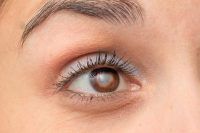
Can diet or supplements lower your risk of cataracts? Eating certain foods and, possibly, taking certain supplements may be beneficial for eye health. Here’s what science says about diet, supplements, and whether they help to lower the risk of cataracts.
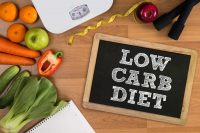
Can following a low-carb diet boost your metabolism? Find out what research shows about low-carb diets, metabolic rate, and weight loss. You’ll also discover the downsides to reducing the carb content of your diet.
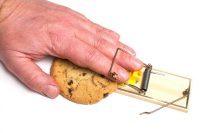
The concept of dieting is losing its luster. For good reason! Restricting calories is a short-term way to address the bigger problem of why we overeat in the first place. Plus, dieting simply doesn’t work. Here are six reasons why.

Is there a best diet? We’re each unique and what works for one person isn’t necessarily beneficial for another. What’s most important is to stick with what works for you.
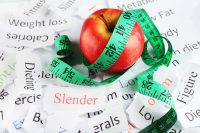
Low-fat diets have lost their luster and carbs are now considered the enemy if you’re trying to lose weight. But, how much of this is really backed by science? Is a low-carb diet really superior for weight loss and weight control? Find out.
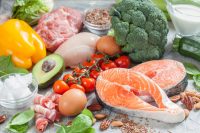
What’s the best ratio of macronutrients for losing weight? A new study suggests that the macronutrient composition of your diet doesn’t matter as much as you think and that the best approach to weight control is an eating plan that’s sustainable.